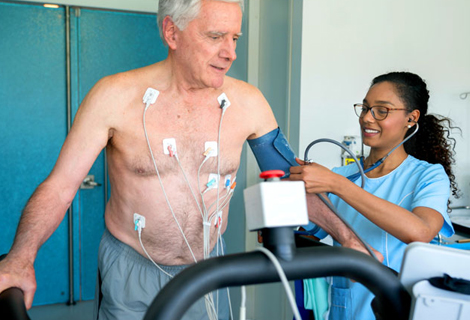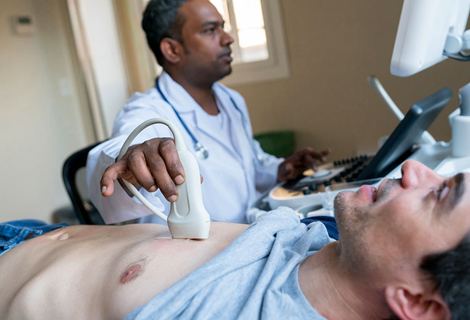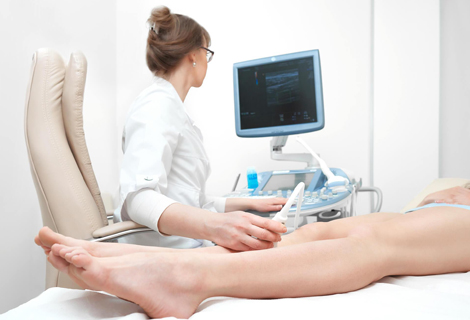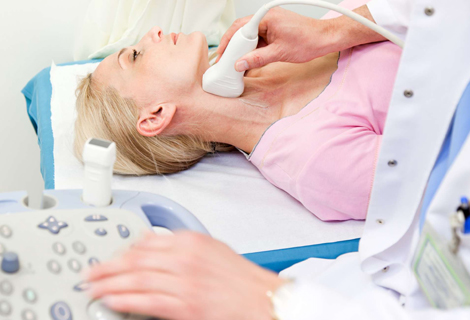Stress Test
What is a Stress Test?
A stress test is also called an exercise stress test because it allows your doctor to monitor how your heart handles physical activity. You'll be connected to an electrocardiogram (ECG) as you run on a treadmill or work on a stationary bike, making your heart work steadily more complex and faster. By doing this, the stress test can unveil blood flow problems in your heart. There are various stress tests, each different way to check your heart rate, electrical activity, blood pressure, and oxygen level.
Nuclear Stress Test
A nuclear stress test is a type of stress test that utilizes a small and safe amount of radioactive material along with a cardiac imaging scan to develop a picture of your heart’s function and blood flow. The test enables the doctors to measure the blood flow and identify areas with inadequate blood flow or damage.
A nuclear stress test is recommended to diagnose coronary artery disease and find the right treatment plan. To determine the blockage, the physician will compare your heart’s images taken when you are at rest and after exercise. It reveals the severity of the blockage and helps them assess any previous treatments.
What is the need for a Stress Test?
If you experience symptoms like chest pain or irregular heartbeat, your physician will conduct a stress test to determine your health level. A stress test is essential to:
-
Diagnose coronary artery disease
-
Diagnose arrhythmia
-
Evaluate the supply of blood to your heart
-
Assess the risk for any heart disease
-
Find a safe level of exercise
What are the risks with Stress Test?
Stress tests are not dangerous, and you shouldn't worry about the possibility of complications. However, even if the odds of risks are low, there can be complications that occur, such as:
-
Dizziness
-
Chest pain
-
Nausea
-
Abnormal heart rhythm
Your physician may recommend a stress test only if you have symptoms of heart disease and are likely to develop heart problems. In some cases, they may order stress tests, but they will also consider your symptoms, medical history, age, and sex.
How to prepare for an Exercise Stress Test?
Your physician will give you the instructions to prepare for the stress test. It may include instructions like:
-
Do not eat or drink (especially caffeine) several hours before the test.
-
Avoid smoking or tobacco products
-
You may be advised to stop taking specific medications that may interfere with the test
-
Wear comfortable clothes and walking shoes for the test



